If Auracast is to become the Bluetooth standard, then it needs almost universal adoption. At the moment Apple isn’t committing to the technology.
The iPhone maker has been ploughing its own course for years. In some ways pioneering, in others causing users to choose to buy into their ecosystem or not.
Back in 2013, it introduced Made For iPhone standard for hearing aids. This allowed deaf people to connect their instruments directly to phones and iPads, removing the need for bridging devices such as Nokia’s LPS-4 personal loopset (remember that?).
Hearing aid users no longer had to buy additional kit to make phone calls or listen to media such as the iPlayer or streaming services.
And with the sound going straight into the hearing aids, it was clearer, making it a pleasure for people to listen to.
Android followed with ASHA in version 10 … released in 2019. Coming second meant that for six years, hearing aid users had to decide whether to stick with their Android phone or switch to iOS.
With Auracast, we’re in a different place. It was added to Android 15 beta, and has been part of Samsung’s ecosystem since the S23 – the phone manufacturer uses a custom version of Android called One UI.
This is added on to Android, providing a customised user interface tailored to Samsung devices.
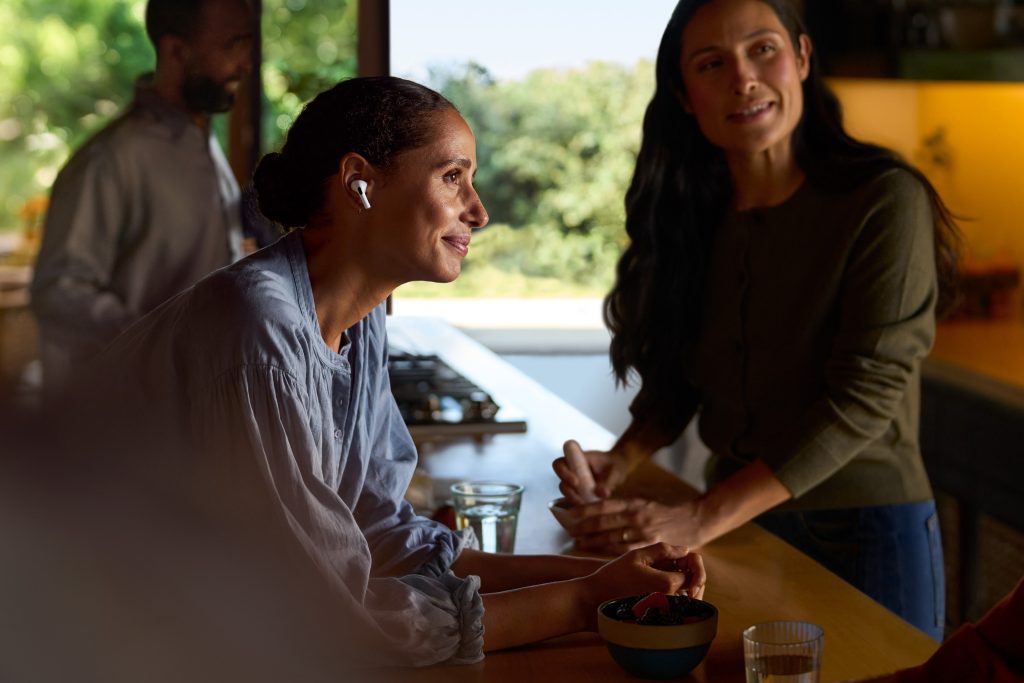
What is Apple doing instead of Auracast?
At this moment in time (May 2025) Apple is not supporting Auracast, nor is it planning to.
This could change as iPhones from the iPhone 14 upwards are running Bluetooth 5.3, which in theory could run Auracast. The iPhone 17, which is due in September 2025, is rumoured to include faster charging, Wi-Fi 17, and Bluetooth 6.0. The latter gives speeds of up to 50Mbps, and a range extension of 400 metres from the base unit. It will also have multi-stream audio support as standard … so Auracast in all but name.
But for now, despite having the correct Bluetooth codec, Apple is not implementing Auracast. The Centre for Accessibility Australia published a story in March that Apple’s director of accessibility, Sarah Herrlinger, said it was a ‘great next step’, and gave no indication it was intending to introduce it.
Instead, Apple is pointing people not to its phones but its compatible ear buds.
In February this year, it announced that the AirPods Pro 2 can be used as a hearing aid – and with the price of these listening devices being around £229, they are considerably cheaper than the real thing.
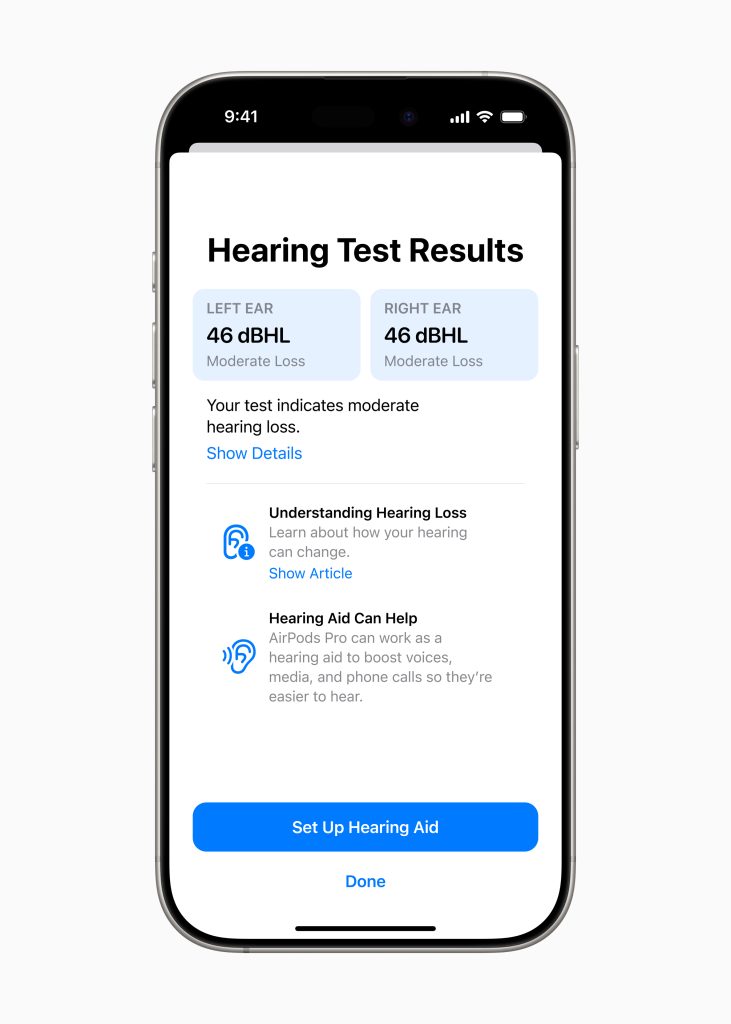
Apple describes the hearing aid feature on the AirPods Pro 2 as clinical grade, and the upgrade will help those with a mild to moderate hearing loss. The company says that research has shown that untreated hearing loss can affect a person’s overall health and well-being, including an increased risk of dementia and social isolation.
Users take a test on the app, which then generates a personalised hearing profile which can be adjusted manually. This, the firm says, will help people better engage in conversation and keeps them connected to the people and environment around them.
Sumbul Desai, M.D., Apple’s vice president of Health, said: “At Apple, we believe that technology can help people live healthier lives, and we’re delighted to bring the Hearing Aid feature to the UK, offering our users an end-to-end hearing health experience with AirPods Pro 2.”
Features include Loud Sound Reduction that helps users prevent exposure to loud environmental noise while preserving the sound signature of what they’re listening to.
It also promises that privacy is protected: When a user’s device is locked with a passcode, Touch ID, or Face ID, all of their health and fitness data in the Health app – other than Medical ID – is encrypted.
So what’s the problem with AirPods Pro 2 acting as hearing aids, and iOS not supporting Auracast?
Rather obviously, AirPods are not capable of picking up Auracasts.
Effectively, Apple is sending its customers into an aural battle armed with its version of a telecoil loop rather than Bluetooth. And it is limited to its walled garden.
If an Apple customer wants to listen to music from their phone or iPad streamed to the AirPods, it’s fine. Step outside that environment, and tuning into something shared by an Auracaster will be impossible. That goes against the ideas and ethos of Auracast, and station announcements could well be missed.
For now, hearing aid users looking for the full Auracast experience need to either hold off from buying Apple products or switch to Android phones.
Hopefully, it won’t be long before both ecosystems are using Auracast as the norm, not the outlier.


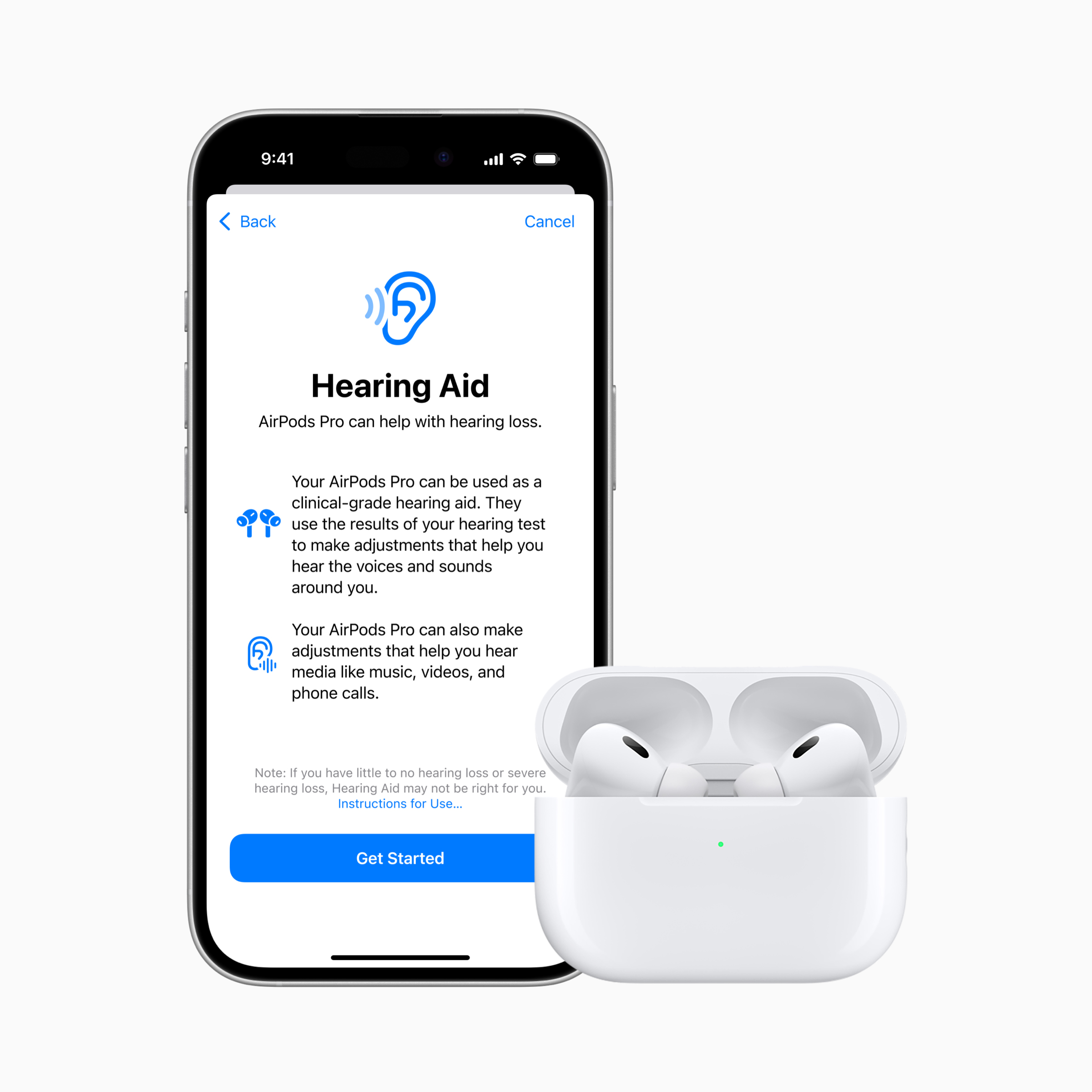
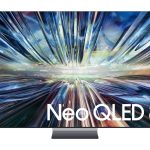
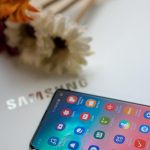

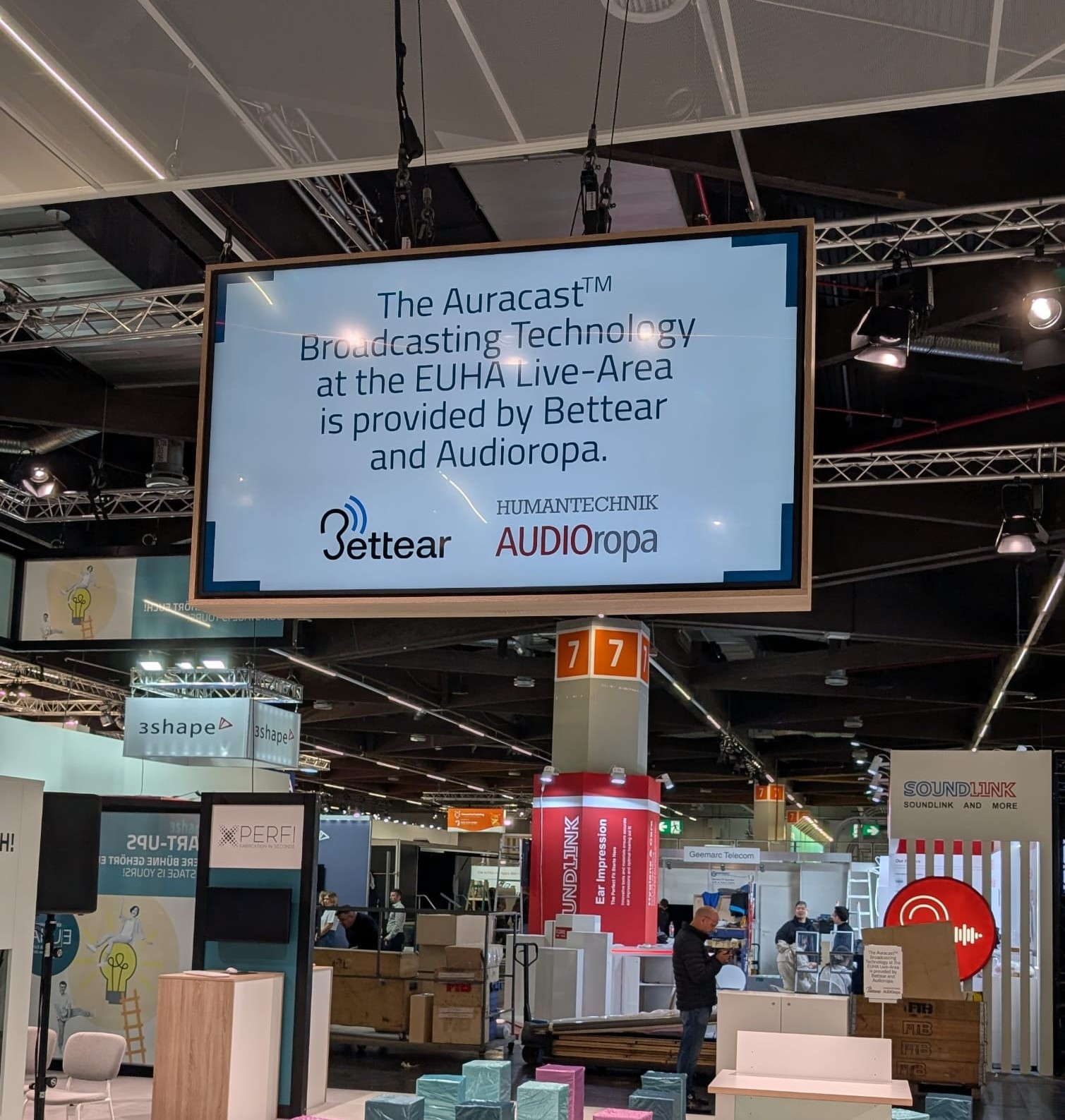
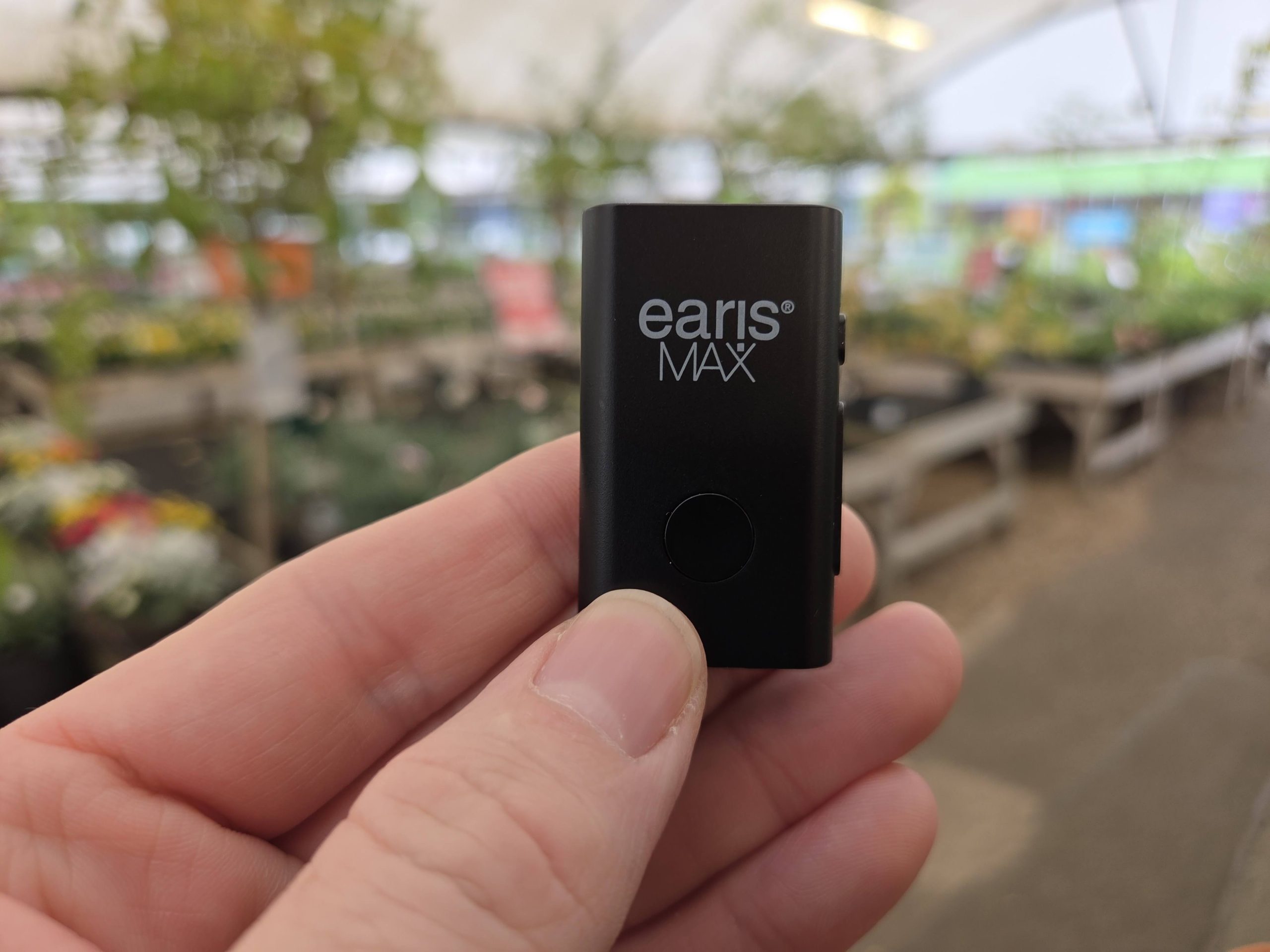

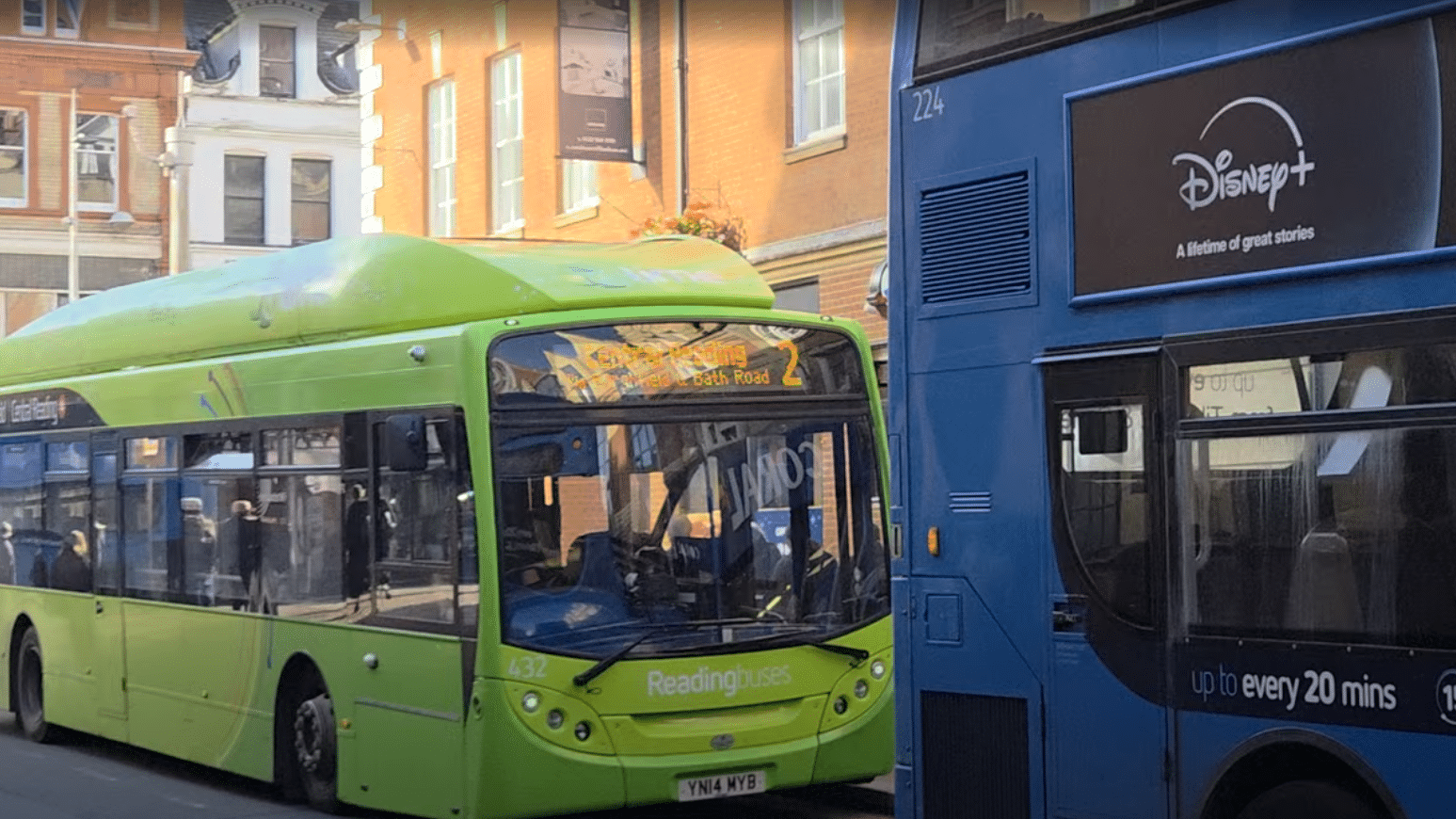

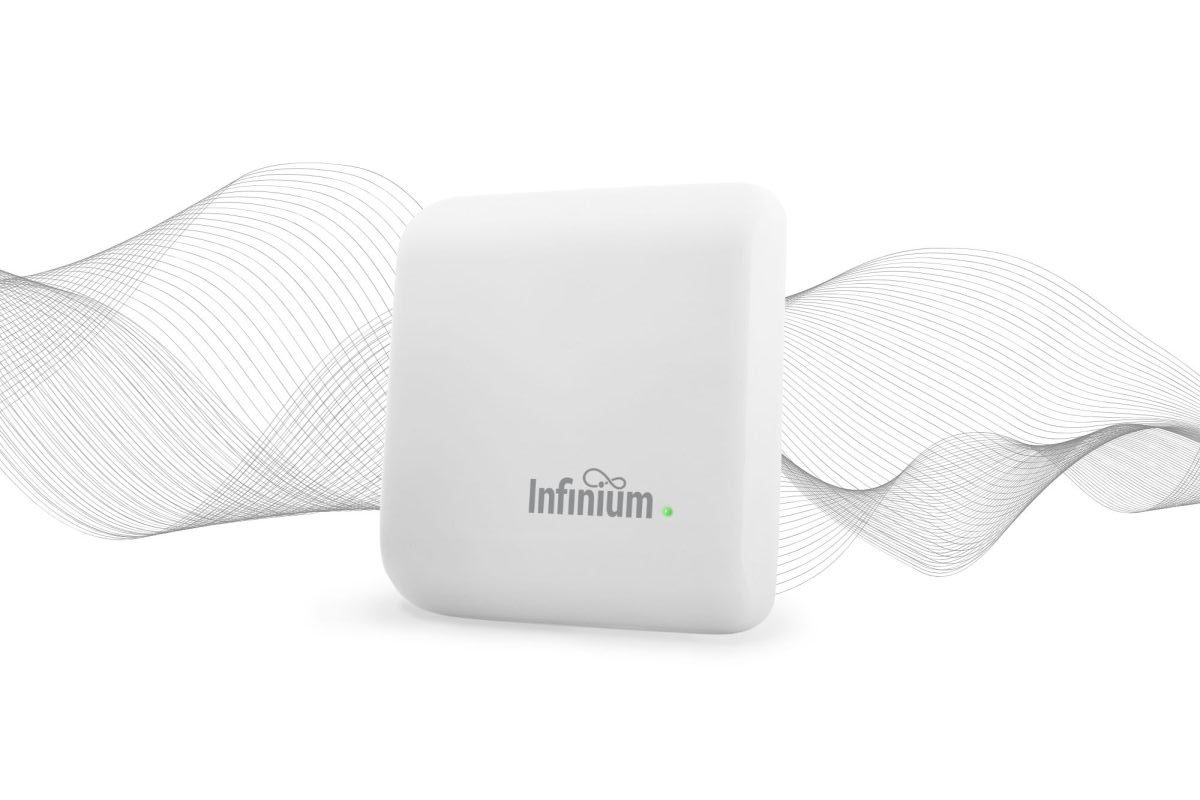
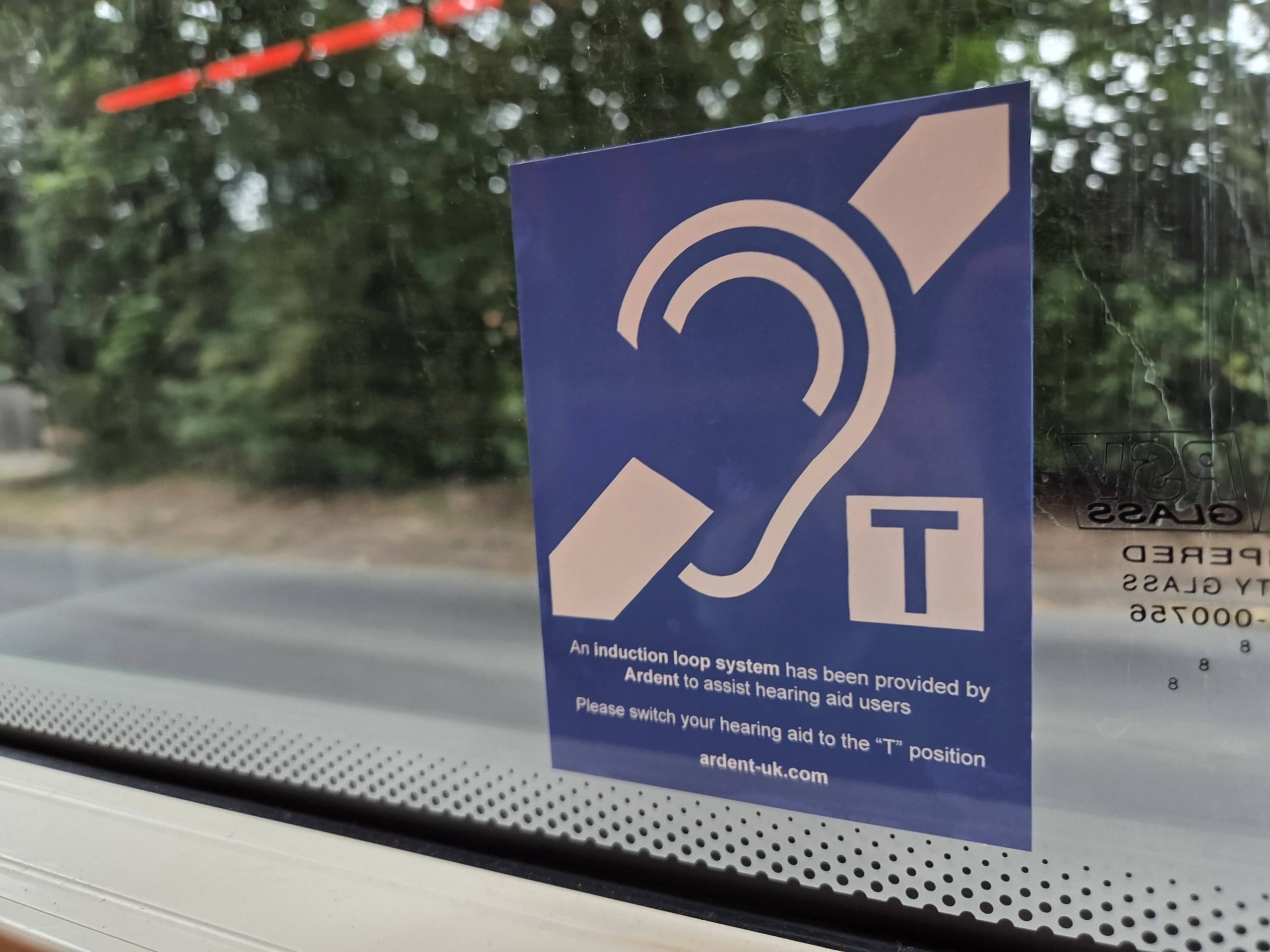

Leave a comment